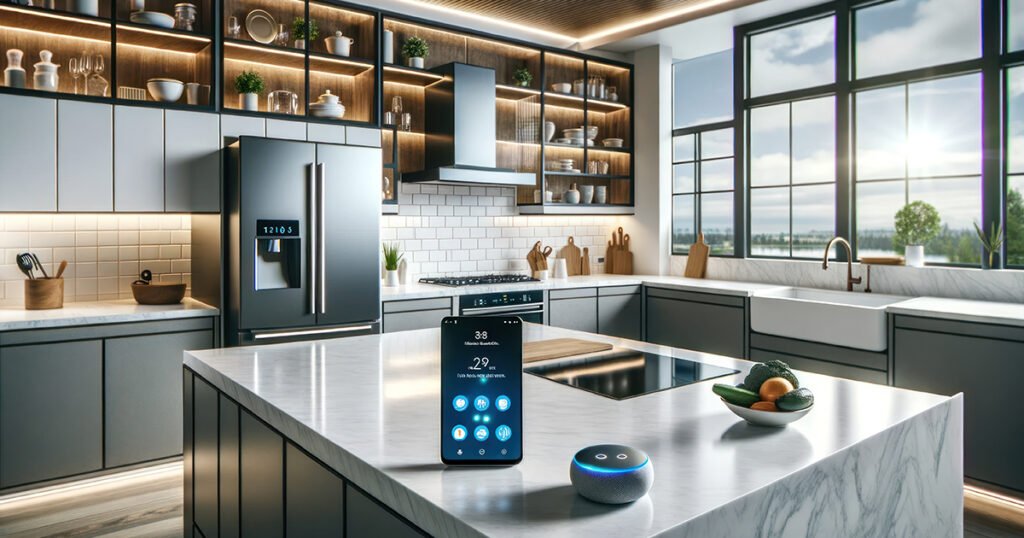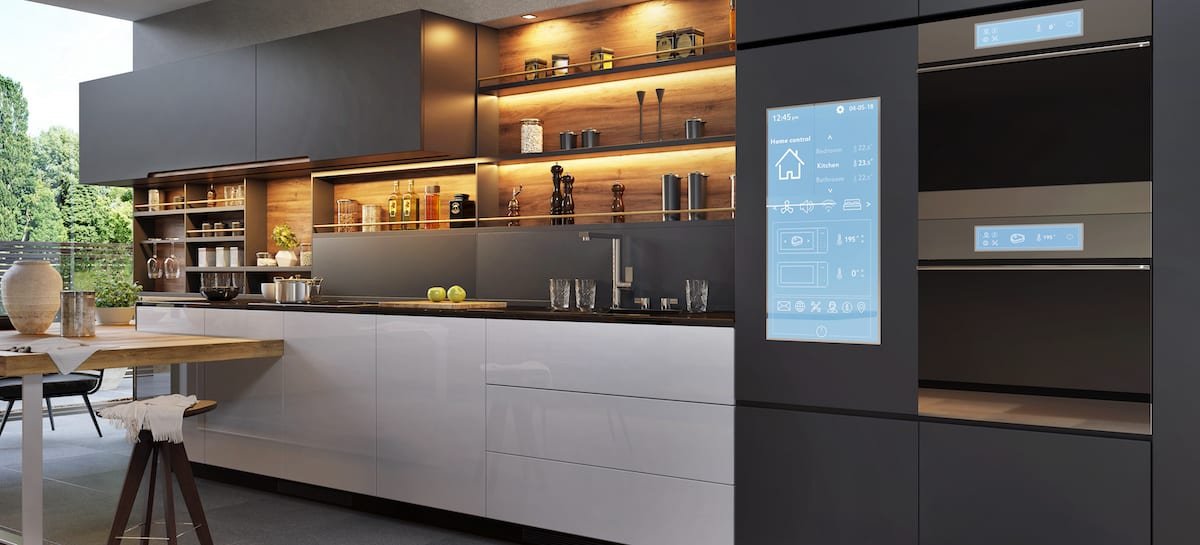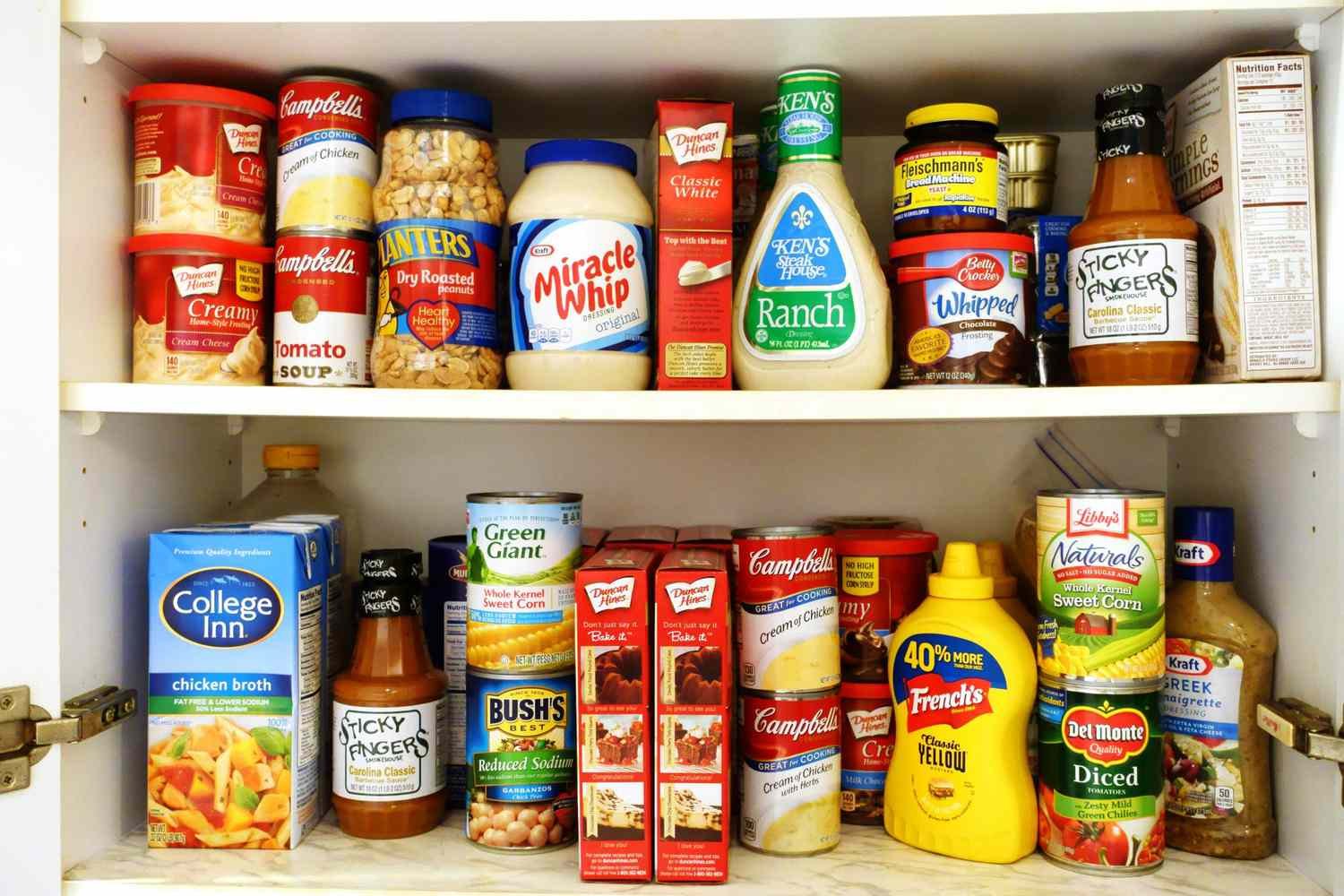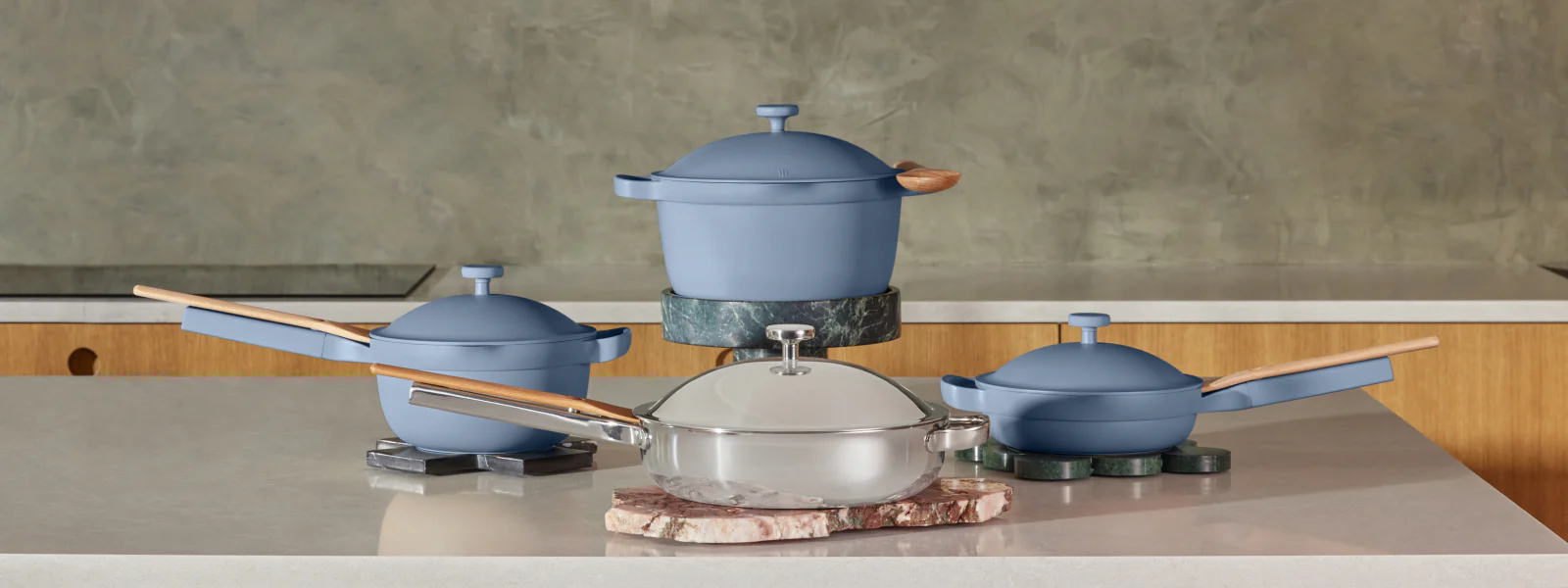The kitchen has long been considered the heart of the home, but advancements in technology are transforming it into a hub of innovation and convenience. Smart kitchens are revolutionizing how we cook, eat, and interact with our culinary spaces. From AI-powered appliances to IoT-enabled connectivity, here’s how technology is reshaping the modern kitchen.
What Are Smart Kitchens?
A smart kitchen incorporates advanced technology to streamline cooking and kitchen management. These kitchens utilize smart appliances, artificial intelligence, and the Internet of Things (IoT) to enhance efficiency, reduce waste, and elevate the cooking experience.
Key Features of a Smart Kitchen
1. Smart Appliances
- Refrigerators: Modern smart refrigerators can track expiration dates, suggest recipes, and even allow you to view contents remotely via cameras.
- Ovens: Smart ovens come with features like voice control, pre-programmed recipes, and real-time monitoring through mobile apps.
- Dishwashers: IoT-enabled dishwashers can optimize water usage and notify you when a cycle is complete.
2. Voice Control Integration
With the integration of virtual assistants like Alexa, Google Assistant, and Siri, voice commands can control appliances, set timers, and adjust settings without lifting a finger.
3. AI-Driven Meal Planning
AI systems analyze your dietary preferences and suggest recipes or meal plans. These systems can even create shopping lists based on the ingredients you have or need.
4. Energy Efficiency
Smart technology optimizes energy use. Appliances like smart ovens and induction cooktops use minimal energy, while intelligent lighting adjusts automatically based on usage.
Benefits of Smart Kitchens

1. Convenience and Efficiency
Smart appliances reduce the time spent on meal preparation and clean-up. Imagine preheating your oven via your smartphone or having your fridge suggest dinner ideas based on its contents.
2. Enhanced Cooking Precision
Advanced sensors ensure perfect cooking results. Smart thermometers, for instance, provide real-time updates to prevent overcooking or undercooking.
3. Waste Reduction
IoT-enabled appliances can monitor ingredient freshness, minimizing food waste. Smart compost systems also encourage eco-friendly disposal of kitchen scraps.
4. Health and Wellness Focus
From calorie tracking in smart apps to appliances that recommend healthier cooking alternatives, smart kitchens help users maintain balanced diets effortlessly.
5. Remote Control and Monitoring
Control appliances from anywhere using connected apps. Forgot to turn off the oven? Do it from your phone. Need to check what’s in the fridge while grocery shopping? Your smart fridge has you covered.
The Role of IoT in Smart Kitchens
The Internet of Things (IoT) plays a pivotal role in smart kitchens. By enabling appliances to communicate with each other and with users, IoT creates a seamless cooking ecosystem. For example:
- A smart oven can adjust its temperature based on recipe data sent from your phone.
- Smart lighting adjusts brightness for optimal food preparation and ambiance.
- IoT-enabled cameras provide live views of your cooking progress.
Challenges and Considerations
While smart kitchens offer numerous benefits, there are some challenges to consider:
- Cost: Smart appliances can be expensive, though prices are decreasing as technology becomes more widespread.
- Learning Curve: Adapting to new technology may take time, particularly for those unfamiliar with IoT devices.
- Privacy Concerns: As with any connected technology, data security and privacy are potential issues.
Future Trends in Smart Kitchens
1. Sustainability Integration
Future smart kitchens will focus on eco-friendly solutions, such as water-saving faucets and appliances powered by renewable energy.
2. Personalized AI Assistance
AI will become even more advanced, offering hyper-personalized meal suggestions based on health data, preferences, and cultural cuisines.
3. Robotic Assistance
Robots capable of cooking meals, washing dishes, or even serving food could become a common feature in smart kitchens.
4. Augmented Reality (AR) Cooking
AR could provide real-time visual instructions, guiding users through recipes step-by-step in their smart kitchens.
Conclusion
Smart kitchens are more than just a trend—they represent the future of cooking and kitchen management. By combining cutting-edge technology with practical functionality, these kitchens are enhancing the way we cook and interact with our homes. As innovation continues, the smart kitchen is set to become an indispensable part of modern living.
Whether you’re upgrading one appliance or fully transforming your kitchen into a smart hub, the possibilities are endless. Embrace the revolution and enjoy the convenience, efficiency, and creativity a smart kitchen brings to your culinary experience.











